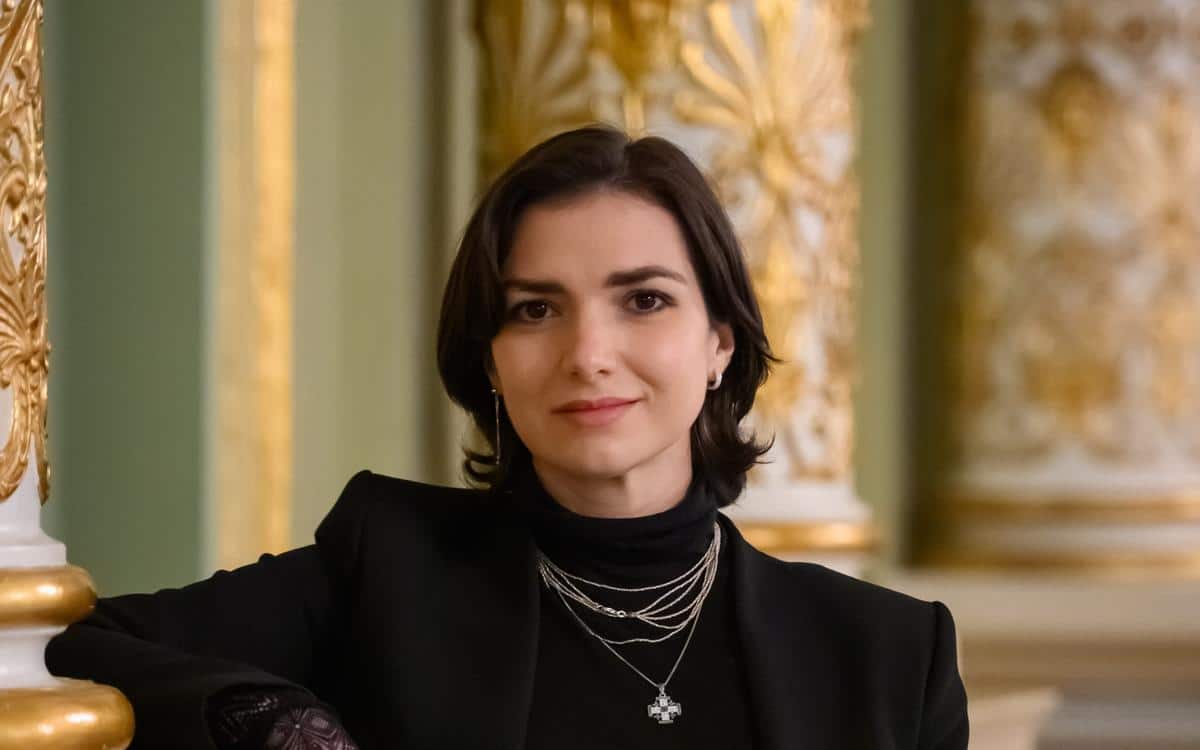I am a much-deported mezzo-soprano
OperaFrom an opern.news interview with the Ukrainian singer Lena Belkina.
‘I only started to deal with my identity a year ago, because it was only with the attack on February 24, 2022 that the war and Russian warfare became obvious to everyone. From today’s perspective, it is clear to me that we have tolerated too much. Even before that, people disappeared without a trace in the areas occupied by Russia, and hundreds of Crimean Tatars have been in prison for years without reason…
‘I grew up speaking Russian in Crimea, although I only moved there with my family in 1990. My mother is a Crimean Tatar, but was born during the deportation – my grandparents, as Tatars, were forced to leave the country and start a new life in the Urals. My father’s grandparents were also from Ukraine, from Kharkiv. They too were forced to move and were deported to Siberia. My parents then met in Tashkent, where I was born. Only after the collapse of the Soviet Union were we all allowed to return – before that the Crimean Tatars were not allowed to return. Before 1944 Crimea was a multi-ethnic area, with a large proportion of Tatars. When we came back to Crimea we weren’t popular at first.
Q. When you hear people say that Crimea has always been Russian, you probably have to laugh.
LB: ‘This is such nonsense! Considering the extent of Russia, one could even say that relatively few “real” Russians live in Russia as a whole. Unfortunately, this master race mentality does not only affect official Russia. I was looking for “good” Russians at the start of the Great War a year ago, but I didn’t find them. In my experience, even if they’re nice and educated, they end up believing they’re better than the Ukrainians. Racism is extremely strong in Russia.’






Comments